1. Canzon di Francesco Rovigo
Composer: Tongeren Organ Manuscript
Artist(s): Luc Ponet, Psallentes & Hendrik Vanden Abeele, Ensemble Utopia
2. Prélude
Composer: British Museum Manuscript
Artist(s): Luc Ponet, Psallentes & Hendrik Vanden Abeele, Ensemble Utopia
3. Kyrie – Missa 1. Toni
Composer: British Museum Manuscript
Artist(s): Luc Ponet, Psallentes & Hendrik Vanden Abeele, Ensemble Utopia
4. Gloria – Missa 1. Toni
Composer: British Museum Manuscript
Artist(s): Luc Ponet, Psallentes & Hendrik Vanden Abeele, Ensemble Utopia
5. Sanctus & benedictus – Missa 1. Toni
Composer: British Museum Manuscript
Artist(s): Luc Ponet, Psallentes & Hendrik Vanden Abeele, Ensemble Utopia
6. Agnus dei – dona nobis pacem
Composer: British Museum Manuscript
Artist(s): Luc Ponet, Psallentes & Hendrik Vanden Abeele, Ensemble Utopia
7. Fugue
Composer: British Museum Manuscript
Artist(s): Luc Ponet, Psallentes & Hendrik Vanden Abeele, Ensemble Utopia
8. Magnificat ‘Beau le cristal’
Composer: Tongeren Organ Manuscript
Artist(s): Luc Ponet, Psallentes & Hendrik Vanden Abeele, Ensemble Utopia
9. Te deum
Composer: British Museum Manuscript
Artist(s): Luc Ponet, Psallentes & Hendrik Vanden Abeele, Ensemble Utopia
10. Fuga decima septima
Composer: Simon Lohet
Artist(s): Luc Ponet, Psallentes & Hendrik Vanden Abeele, Ensemble Utopia
11. Motet ‘in lectulo meo’
Composer: Henry Du Mont
Artist(s): Luc Ponet, Psallentes & Hendrik Vanden Abeele, Ensemble Utopia
12. Aliquot canzon di Ruggiero Troffeo
Composer: Tongeren Organ Manuscript
Artist(s): Luc Ponet, Psallentes & Hendrik Vanden Abeele, Ensemble Utopia
13. Prélude (Kyrie)
Composer: Tongeren Organ Manuscript
Artist(s): Luc Ponet, Psallentes & Hendrik Vanden Abeele, Ensemble Utopia
14. Magnificat ‘Margot, laborez les vignes
Composer: Tongeren Organ Manuscript
Artist(s): Luc Ponet, Psallentes & Hendrik Vanden Abeele, Ensemble Utopia
15. Intonazione primi toni d’Andrea
Composer: Liber Fratrum Cruciferorum Leodiensium
Artist(s): Luc Ponet, Psallentes & Hendrik Vanden Abeele, Ensemble Utopia
16. Motet à la bierge ‘Salve Regina’
Composer: Léonard de Hodémont
Artist(s): Luc Ponet, Psallentes & Hendrik Vanden Abeele, Ensemble Utopia
17. Allemande ‘sur les anches’
Composer: Henry Du Mont
Artist(s): Luc Ponet, Psallentes & Hendrik Vanden Abeele, Ensemble Utopia


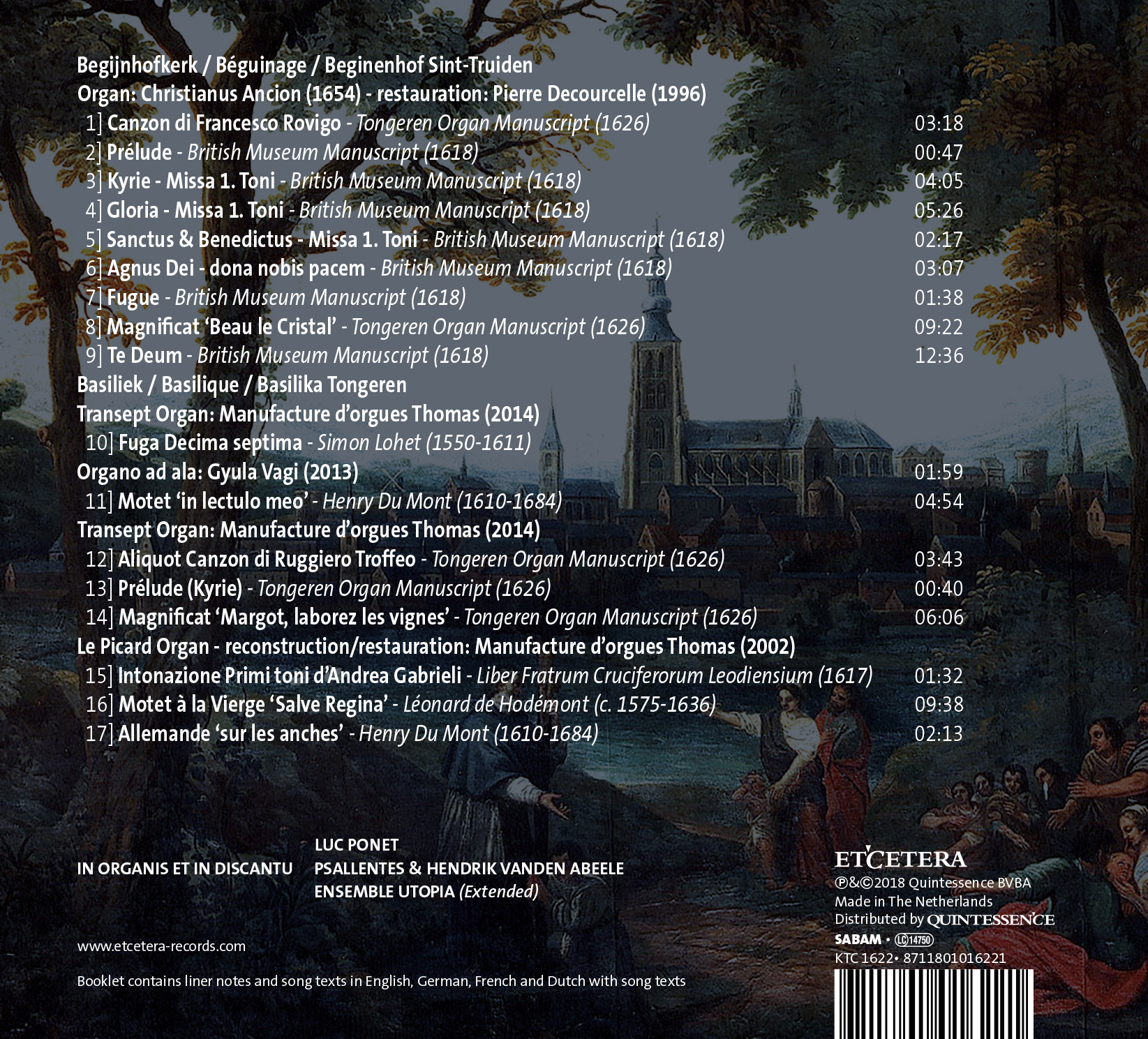

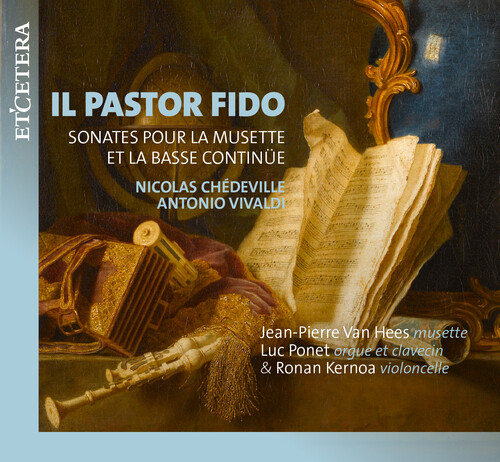
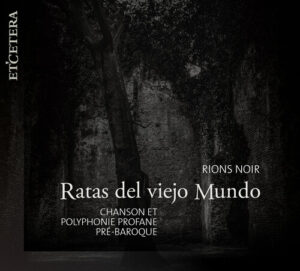
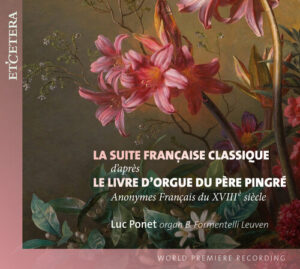
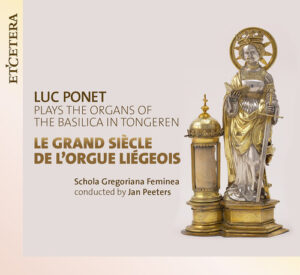
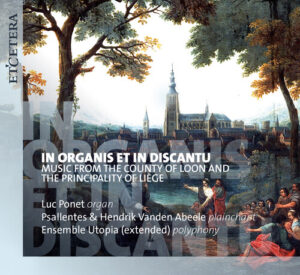
Reviews
There are no reviews yet.